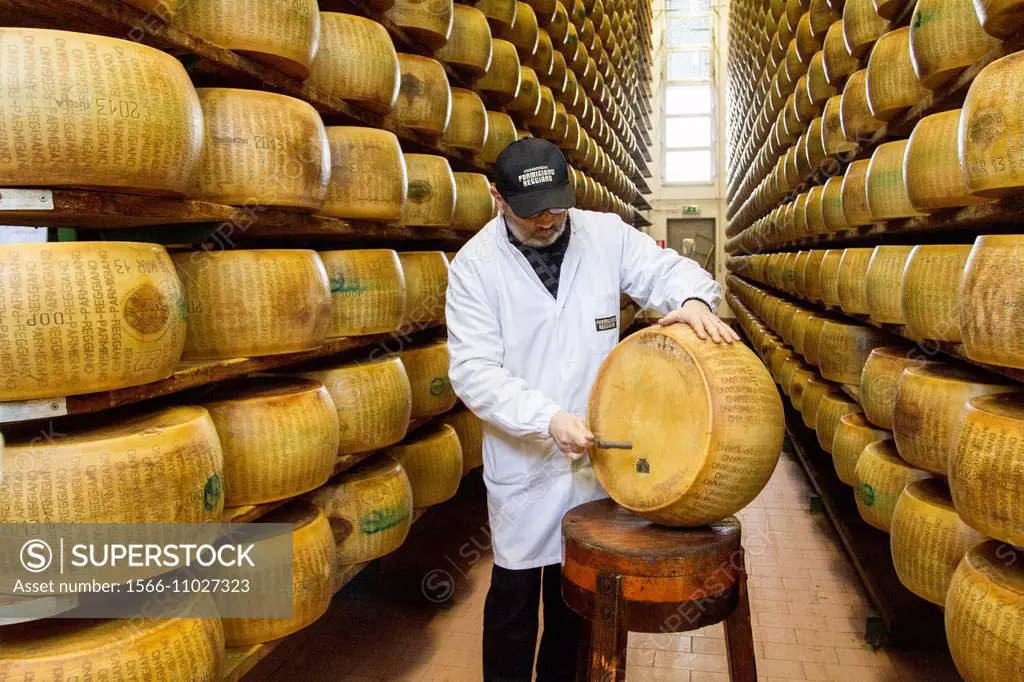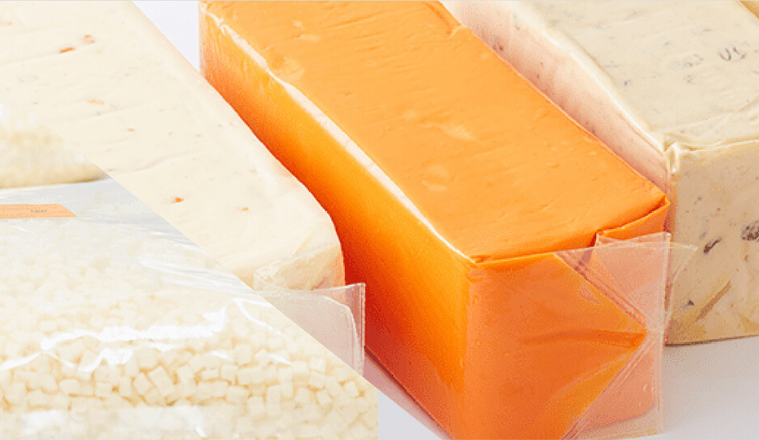Discover the Best Cheese Makers Melbourne for Artisan Delights
An In-Depth Consider Cheese Manufacturing: Ingredients, Methods, and the Future of Craftsmen Cheeses
The elaborate process of cheese production is an interesting merging of art and science, where top notch milk, rennet, and particular bacterial cultures work as foundational aspects. Traditional strategies, such as salting and aging, are complemented by contemporary innovations that respond to developing customer choices. As the market significantly focuses on sustainability and transparency, the future of artisan cheeses promises to mirror both heritage and progression. Comprehending the nuances of these methods raises compelling inquiries regarding the instructions of cheese production and its implications for quality and authenticity. What lies in advance in this progressing landscape?
Secret Active Ingredients in Cheese Production
A range of essential ingredients play a crucial function in cheese production, each adding to the end product's flavor, texture, and character. The main active ingredient in cheese is milk, which can originate from numerous resources, consisting of cows, goats, and lamb - cheese makers melbourne. The kind of milk made use of substantially influences celebrity's taste and uniformity; for example, cow's milk typically yields creamier cheeses, while goat's milk usually produces zesty ranges
An additional important ingredient is rennet, an enzyme made use of to curdle the milk, dividing it right into curds and whey. The resource of rennet can be animal, veggie, or microbial, each imparting distinct qualities to celebrity. Societies, containing specific stress of bacteria, are also integral to the cheese-making procedure. They ferment lactose into lactic acid, assisting in taste growth and appearance.
Salt not only improves the taste but likewise serves as a preservative, inhibiting the growth of unfavorable germs. Furthermore, different flavoring agents, such as natural herbs, flavors, or even smoked timber, can be contributed to produce one-of-a-kind artisanal cheeses. With each other, these ingredients develop the structure of cheese manufacturing, setting the stage for diverse and abundant cheese selections.
Standard Cheese-Making Methods
Utilizing standard cheese-making techniques, craftsmens around the globe protect time-honored techniques that have been given with generations. These strategies typically emphasize the use of premium, in your area sourced milk, which is central to the unique tastes and textures of artisanal cheeses. The process usually begins with the careful heating of milk, complied with by the addition of cultures and rennet to help with coagulation.
Once the curds create, they are reduced, enabling whey to drain, an essential action that affects moisture content and structure. The curds are after that delicately mixed and cooked to accomplish the preferred suppleness. Later, they are drained and pressed into molds. Salting is a necessary facet of this process, improving taste while additionally acting as a preservative.
Aging, or affinage, is an additional essential part, during which cheeses establish their characteristic scents and tastes. Artisans may employ particular aging atmospheres, utilizing moisture and temperature level controls to improve the cheese's profile. The dedication to these typical methods not only sustains neighborhood economic situations yet likewise contributes to the rich variety of cheese selections discovered internationally, celebrating cultural heritage and artisanal workmanship.
Modern Technologies in Cheese Production
Just how have technological advancements transformed cheese production in recent years? The assimilation of modern innovation has revolutionized both the performance and quality of cheese manufacturing.
Additionally, improvements in microbiology have made it possible for cheesemakers to select details bacterial cultures and enzymes, maximizing flavor accounts and improving life span. The use of sensor technology for keeping an eye on fermentation conditions has likewise come to be prevalent, enabling for real-time modifications to preserve optimal atmospheres for cheese aging.

These developments not only improve the quality and sustainability of cheese manufacturing yet additionally encourage artisan producers to maintain conventional flavors while accepting contemporary effectiveness. As technology proceeds to progress, the future of cheese manufacturing looks encouraging, blending custom with development.
The Function of Terroir in Cheese
In the world of cheese manufacturing, terroir plays a crucial role in defining the distinct features of different cheeses. Terroir, a French term typically linked with red wine, encompasses the environmental elements that affect agricultural items, including soil composition, environment, and neighborhood plants and animals. In cheese-making, the unique features of the area where the milk is sourced can convey details tastes and appearances to the end product.
For example, the grazing problems of dairy products animals substantially impact the milk's composition, influenced by the kinds of turfs and natural herbs offered in a certain locale. This varies not just in between countries but also in between areas within the same country. In addition, the microbial areas present in the atmosphere add to the fermentation procedures, leading to diverse profiles in taste and fragrance.
Cheeses such as Roquefort, Parmigiano-Reggiano, and Cheddar exhibit how terroir can shape their identities, making them unique and often secured by geographical view it indicators. As manufacturers significantly acknowledge the value of terroir, there is an expanding emphasis on sourcing local active ingredients and maintaining standard practices, making sure that each cheese really shows its origin.

Future Patterns in Craftsmen Cheeses
A remarkable shift is occurring in the craftsmen cheese industry, driven by progressing customer preferences and technological improvements. Significantly, customers are gravitating toward unique, high-quality items that highlight both sustainability and local sourcing - cheese factory melbourne. This trend is motivating artisan cheesemakers to innovate, concentrating on small-batch manufacturing and using traditional methods while integrating contemporary technology to improve quality and security
Moreover, there is an expanding interest in plant-based and different dairy items, pressing standard cheesemakers to explore brand-new avenues, such as cashew or almond-based cheeses. This change not only provides to dietary limitations yet also lines up with ecological issues pertaining to animal agriculture.
In addition, transparency in sourcing and production procedures is becoming vital. Consumers are much more enlightened and demand traceability, motivating producers to take on clearer labeling techniques and take part in narration that highlights their approaches and worths.
Conclusion
To conclude, the elaborate procedure of cheese production blends traditional techniques with modern-day advancements, resulting in a diverse selection of flavors and YOURURL.com textures. The emphasis on premium components and the impact of terroir highlight the creativity entailed address in cheese manufacturing. As the sector progresses, an emphasis on sustainability and openness will likely form the future of artisan cheeses, providing to an increasingly discerning consumer base that values credibility and workmanship in milk products.